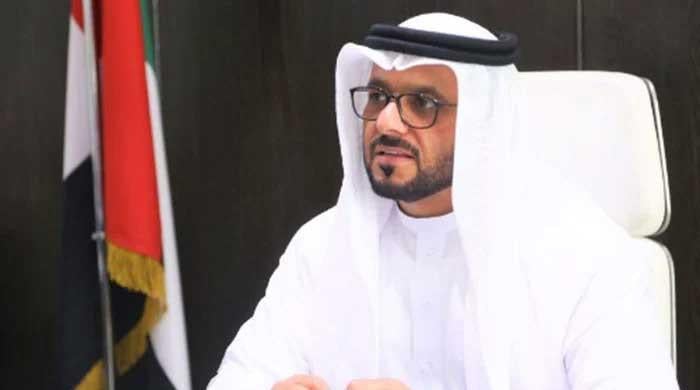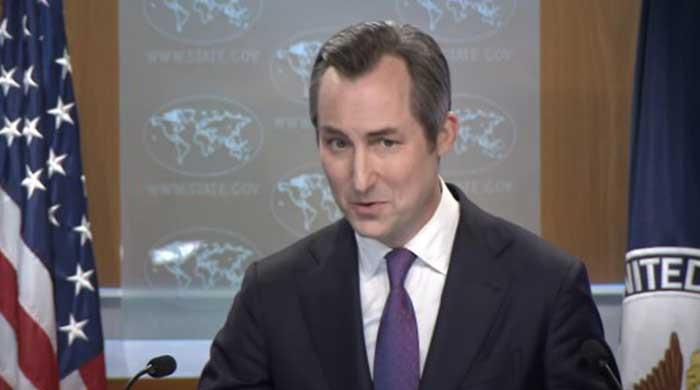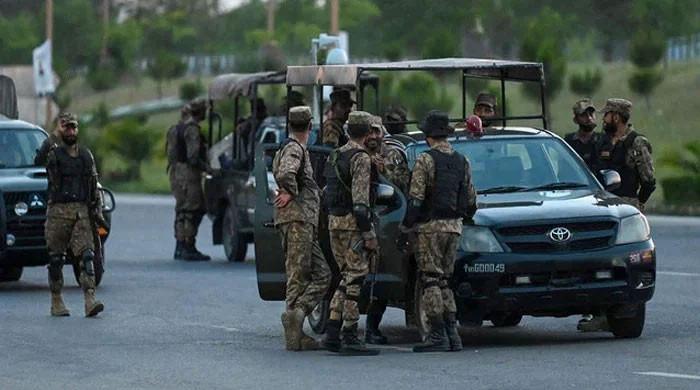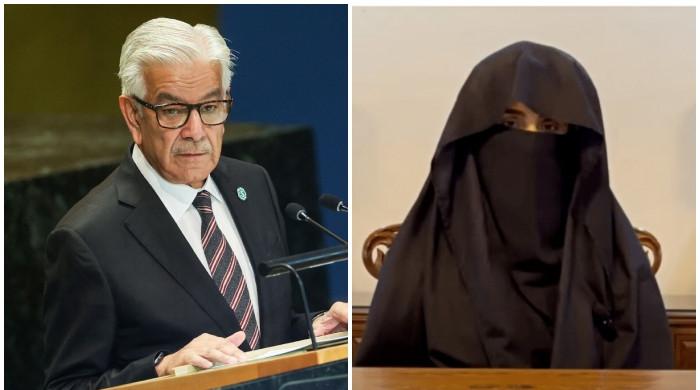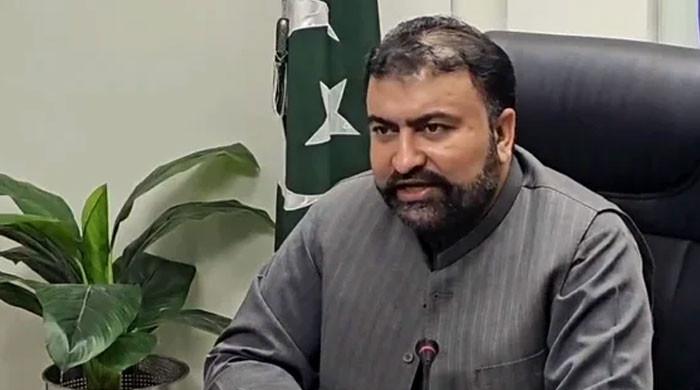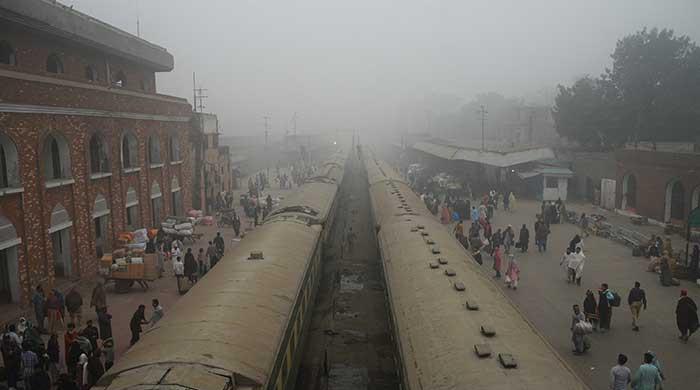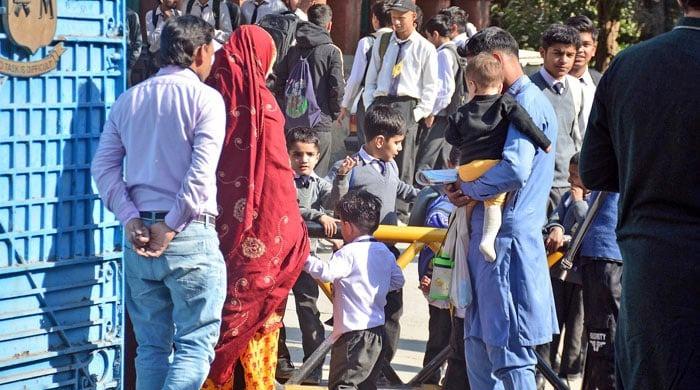Pakistani embassy rejects HRW report, says PMDA to 'ensure media’s freedom'
Islamabad has no intention to bring an ordinance in this regard, says the Pakistan embassy in the US
August 25, 2021

- Pakistan embassy in US rejects Human Rights Watch report on proposed Pakistan Media Development Authority.
- PMDA will ensure media’s freedom, empowerment and promotion in the country: embassy.
- Islamabad has no intention to bring an ordinance in this regard: embassy.
WASHINGTON: Rejecting a report by the Human Rights Watch (HRW), Pakistan’s embassy in Washington on Wednesday insisted that the proposed Pakistan Media Development Authority (PMDA) will "ensure the media’s freedom, empowerment and promotion in the country".
HRW, in its report, said that "as part of its crackdown on freedom of expression", the government is seeking broad new powers in the garb of the proposed PMDA.
In a statement, the Pakistani embassy said that the government was considering setting up the PMDA to meet the current challenges faced by the country.
The government is holding consultations with all the stakeholders over the matter, the embassy said, adding that Islamabad has "no intention to bring an ordinance" in this regard.
It is not true that bill was kept secret, the Pakistani embassy added.
Govt seeking new powers to control media
The HRW report said that the Pakistan government was seeking new powers in the garb of the proposed PMDA to control the media.
According to the report, the proposed legislation would bolster the powers of the government to censor and restrict the media.
"The government claims an ordinance setting up the PMDA would replace the 'fractured' regulatory environment and 'fragmented' media regulations currently in place. The proposed PMDA would bring all media in Pakistan — print, television, radio, films, and digital media — under one regulator," said the report.
The proposed law would grant new unchecked powers to the government-controlled PMDA by setting up special “media tribunals” that will have the power to impose steep fines for media organisations and journalists who violate its code of conduct or publish content it deems to be “fake news”, the report added, citing journalists, human rights activists, and lawyers.
The HRW report stated that the proposed law would also increase government control by allowing government officials to be appointed to key positions.
"The government has kept the final draft of the PMDA law and the entire drafting process secret, raising further apprehensions among the media and civil society groups. The government has undertaken no meaningful consultative process on the law," it further said.
Key stakeholders of media reject PMDA
On August 20, key stakeholders of media and civil society completely rejected the "draconian" government proposal to create a new authority to regulate the entire spectrum of the country’s media sector, as well as its attempt to "wrongly claim support for it."
A joint statement was issued by the Pakistan Federal Union of Journalists (PFUJ), Human Rights Commission of Pakistan (HRCP), Pakistan Bar Council (PBC), South Asia Free Media Association (SAFMA), Asma Jahangir's AGHS, Digital Media Alliance of Pakistan (DigiMAP), Freedom Network (FN), Institute for Research, Advocacy and Development (IRADA), Digital Rights Foundation (DRF), Media Matter for Democracy (MMFD) and others oppose, all of whom rejected the PMDA and termed it "unacceptable".
"The proposed establishment of the Pakistan Media Development Authority (PMDA) by merging all existing media and sundry regulators and repealing major media-related legislation is unacceptable because this entails bulldozing existing structures and mandates for the purpose of addressing government concerns rather than reforming them," the statement had said.





